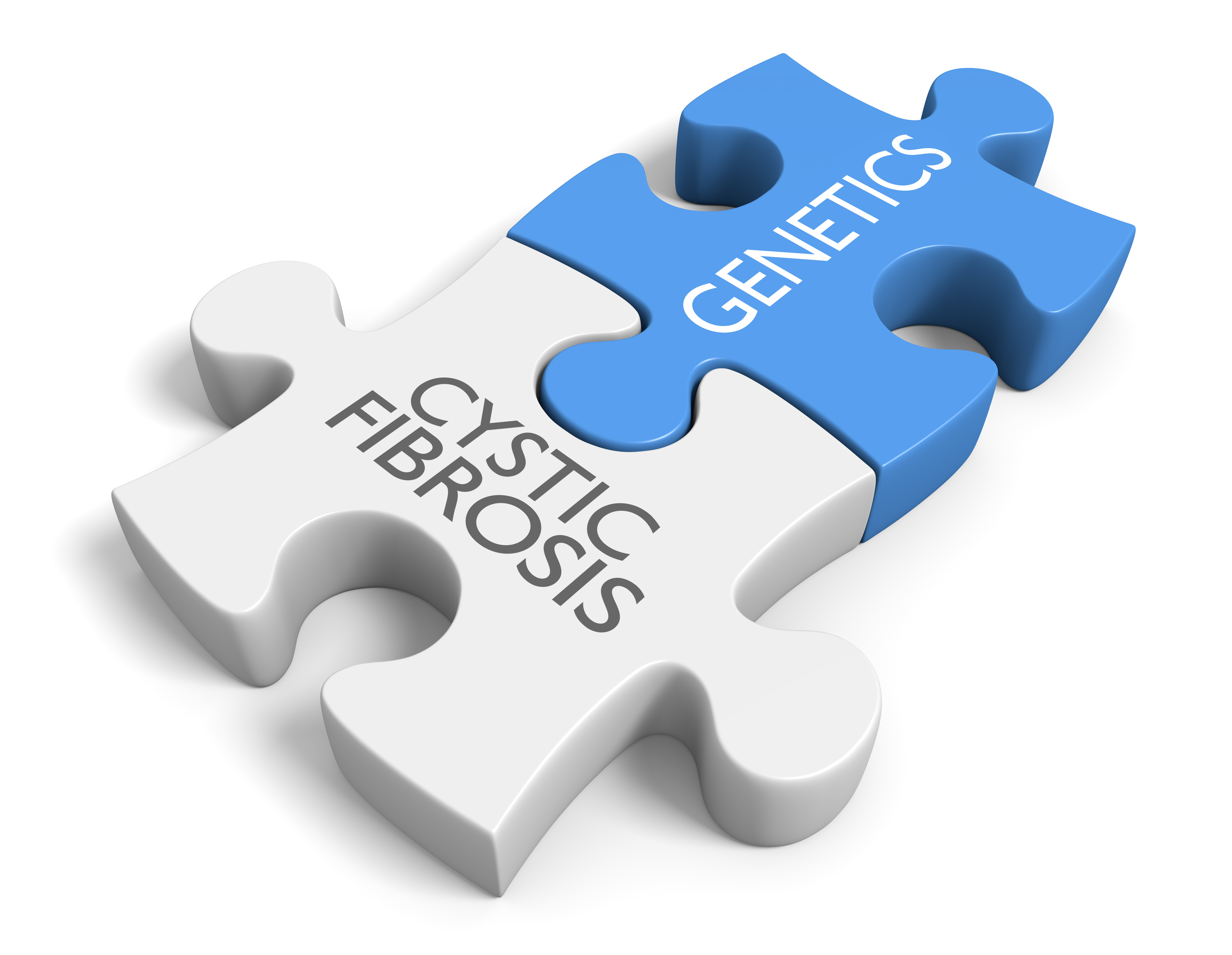Cystic Fibrosis Newborn Screening Programs Found Inadequate for Non-White Ethnicities
Written by |

A new research study may help establish racial equity in cystic fibrosis (CF) newborn screening programs where identification of gene variants in non-white individuals remains suboptimal when compared to the white population. The research paper, “The Spectrum of CFTR Variants in Nonwhite Cystic Fibrosis Patients,” was published in The Journal of Molecular Diagnostics.
CF is caused by mutations in the CFTR (cystic fibrosis transmembrane conductance regulator) gene. It more frequently affects non-Hispanic whites and Ashkenazi Jews, so more studies have focused on these populations. There are more than 2,000 identified CFTR sequence variants, but only a subset has been identified as disease-causing (the most common CFTR mutation is the p.Phe508del mutation, accounting for approximately 66 percent of identified mutant alleles worldwide).
Researchers have known that CFTR variants vary according to ethnic groups and geographic locations, a fact which impacts the important molecular diagnosis of CF because the knowledge on CFTR variants in non-white patients is limited.
With the goal of establishing the full spectrum of CFTR variants and their frequencies in non-white ethnicities in the United States, researchers identified, through direct DNA sequencing, two CFTR variants in 89 out of 140 affected non-white individuals, with seven novel and unique variants. In total, 14 gene rearrangements were found in the remaining 51 patients, and six of these were novel as well, suggesting that the profile of mutations contributing to non-white CF differ from those found in white CF populations.
Researchers then analyzed the genotyping data from the CF Foundation Patient Registry and compared 3,496 non-white patients to 22,206 white CF patients. The observations showed that patients of non-white ethnicities were less likely to carry two specific CFTR variants, while being more likely to carry none of the mutations present in the commonly used 23 mutation carrier screening panel.
Dr. Iris Schrijver, professor of pathology and pediatrics at Stanford University School of Medicine, director of Stanford Molecular Genetic Pathology Service in Stanford, California, and the lead author of the study, said in a news release, “We think that this information can be used to optimize newborn screening programs, taking into account the ethnic composition of state populations, resulting in earlier diagnosis and intervention, timely clinical treatment, and enhanced prognosis. We believe it could propel equity in mutation detection for white and non-white [cystic fibrosis] patients.”
The results confirmed the inadequacy of the existing list of 23 mutations designed by the American College of Medical Genetics and Genomics for the diagnostics of CF, and suggests that non-white patients are at risk of late diagnosis of CF. Delays in the clinical and molecular diagnosis of CF can have an impact on the patient’s length and quality of life.






